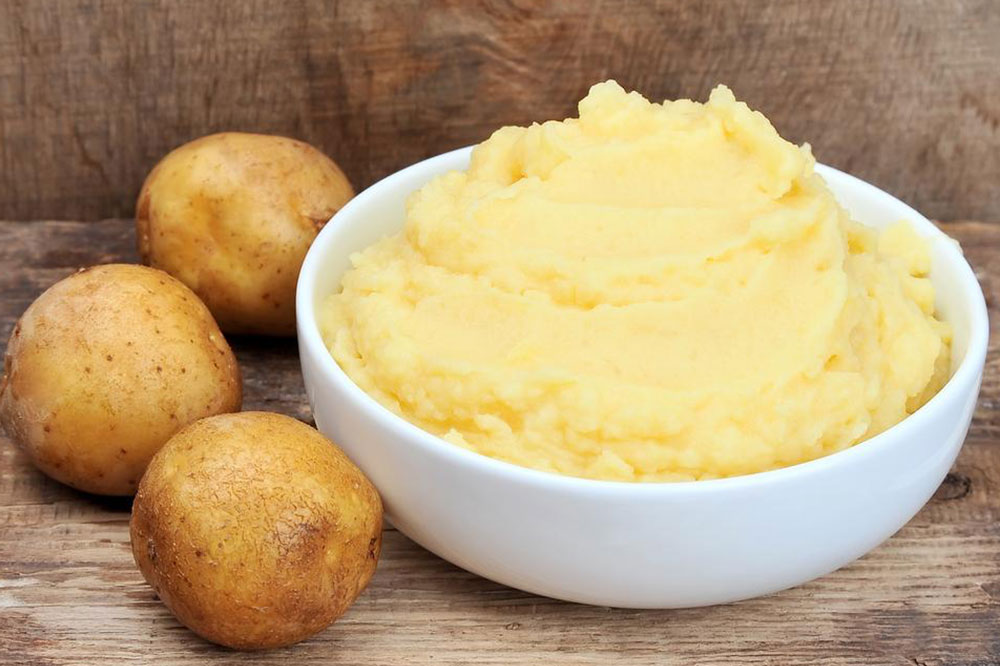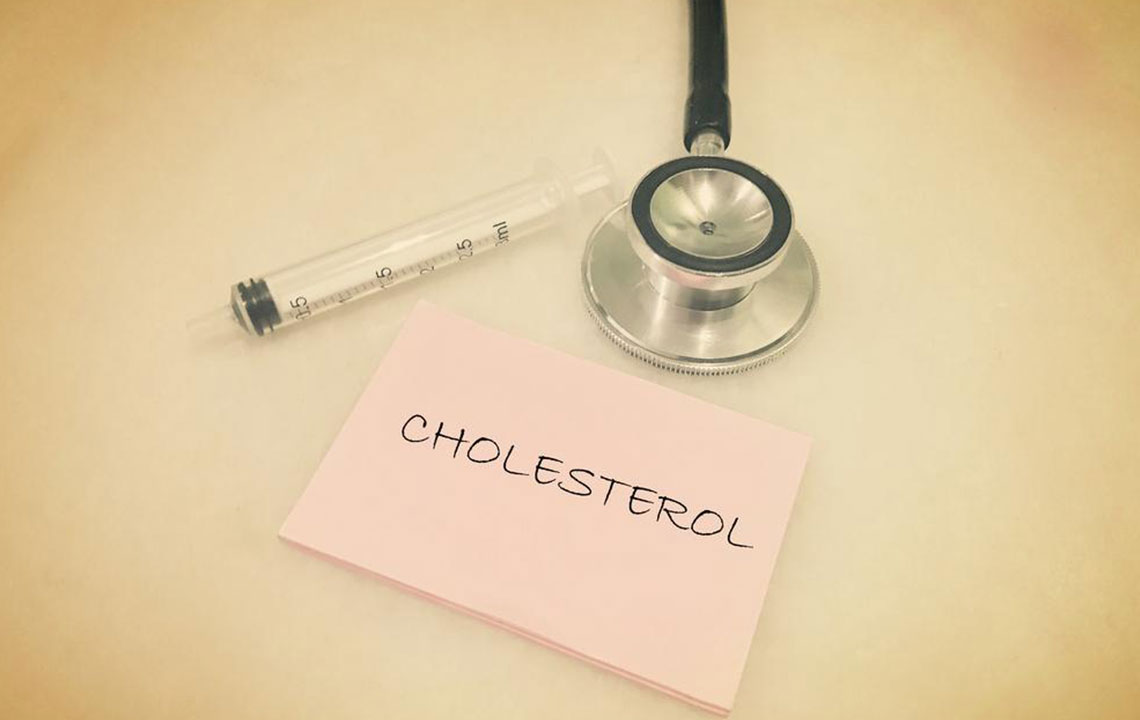Essential Dietary Tips for Managing Pulmonary Hypertension
Learn how dietary habits can aid in managing pulmonary hypertension effectively. Key tips include reducing salt and fluid intake, avoiding triggers like caffeine and alcohol, maintaining a healthy weight, and managing nausea through diet. These lifestyle adjustments complement medical treatments, helping improve symptoms and overall well-being for those affected by pulmonary hypertension.
Effective Nutrition Strategies for Supporting Pulmonary Hypertension Patients
Pulmonary hypertension is a condition characterized by elevated blood pressure in the lung arteries, impacting heart and lung health. While there is no cure, treatment options like medication and surgery help control symptoms. Combining these with specific dietary modifications can greatly improve quality of life. Key changes include reducing salt intake to prevent fluid retention, monitoring fluid consumption, and avoiding foods that trigger nausea. Maintaining a healthy weight and steering clear of stimulants like caffeine and alcohol also play vital roles in managing this condition effectively.

Lowering salt and sodium intake
Since pulmonary hypertension makes the heart work harder to increase blood flow through narrowed vessels, excess salt can worsen this by trapping fluids and increasing workload. Limiting salt intake, and understanding that sodium and salt aren't identical, is crucial. A diet rich in minerals like calcium, magnesium, phosphorus, and potassium supports better health. Reading food labels carefully and avoiding overly salty processed foods can help reduce sodium consumption, allowing the natural flavors of food to shine through.
Controlling fluid intake
While hydration is generally important, patients with pulmonary hypertension are often advised to limit fluids to around two liters daily. This measure prevents fluid buildup, swelling, and further strain on the heart. Using measuring cups to track intake, including liquids found in soups, gels, and sodas, helps maintain control. Regular weight monitoring, with a focus on sudden gains, can signal fluid retention, prompting timely medical consultation.
Managing nausea through dietary adjustments
Some medications can cause nausea, risking dehydration and electrolyte imbalance from frequent vomiting. To minimize this, patients should avoid large meals, carbonated drinks, and fatty foods that may delay stomach emptying. Sitting upright during and after meals also reduces nausea risk. Small, frequent meals and avoiding excessive water during meals can help maintain comfort and prevent vomiting.
Maintaining a healthy weight via diet
Keeping a balanced weight is vital. Patients should estimate their daily calorie needs based on age, gender, and activity level, and avoid overeating or frequent snacking. Reducing high-calorie, processed drinks and controlling portion sizes support weight management. Avoiding high-calorie snacks and beverages ensures better control of calorie intake, aiding in disease management.
Reducing intake of stimulants
Caffeine and alcohol can aggravate pulmonary hypertension by raising blood pressure and slowing breathing. Patients are advised to substitute these with healthier options like herbal teas, lemon water, or chicory coffee. Eliminating stimulants helps in maintaining stable blood pressure and ensures smoother respiratory function.










